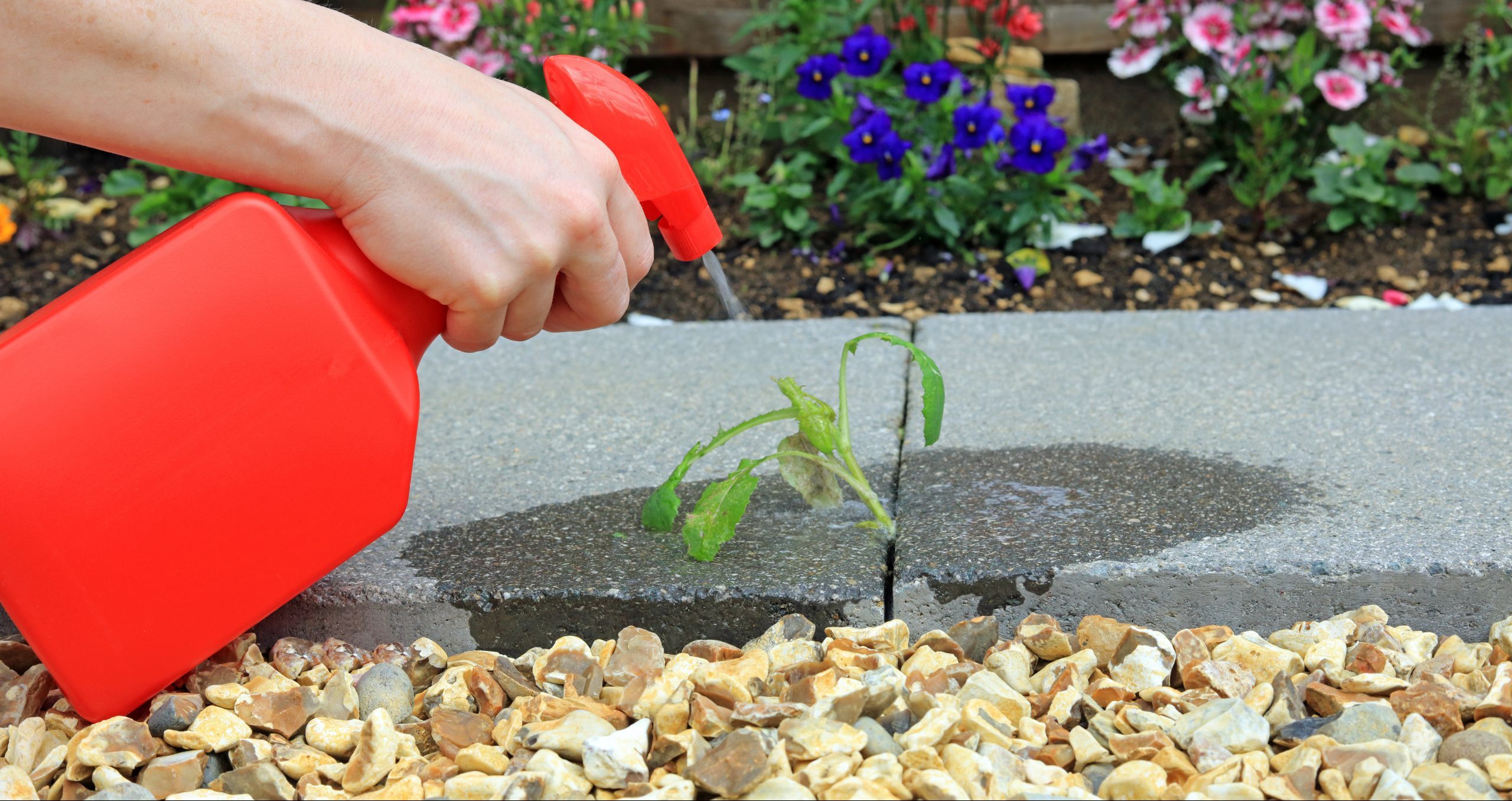The Best Weed Killers - Don't Waste Your Money

Also known as herbicides, weed killers are chemicals applied to control and eliminate unwanted vegetation like weeds and crabgrass. They can inhibit a weed's cell division or photosynthesis and disrupt its amino acid production.
Other weed killers mimic natural plant growth hormones and cause deformities. You can spray them onto foliage or soils, and one of the best-known weed killer chemicals is glyphosate. This chemical is an amino acid disrupter with a broad spectrum and low toxicity to animals.
Chemical-based weed killers are more common, but natural herbicides can also work pretty well. Some contain citrus oil and vinegar, which causes weeds to dry out, curl up and die. These are good for people who have pets and small children, but the chemical counterparts can be just as safe when applied according to the label directions. The best ones work in 24 hours or less, so it's best to keep everyone away from the area for the time specified on the product label.
Some retailers sell liquid herbicides in smaller, ready-to-use containers or in concentrate form; these methods can be cost-saving. You must apply granular weed control products with spreaders, which is easy to do if you need to cover a whole lawn.
Pre-emergent weed killers are not referred to as herbicides; they are weed preventers and attack sprouting weed seedlings before they emerge from the ground. You'll want to use these in the spring and fall. Herbicides, which are known as post-emergent weed killers, control existing weeds instead.
Comments
Post a Comment